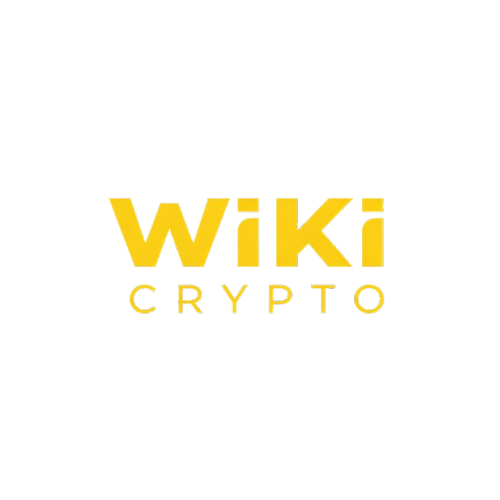In a landmark roundtable session on tokenization, SEC Chair Mark T. Atkins declared a major policy shift at the U.S. Securities and Exchange Commission, announcing “a new day at the SEC” as the agency reorients toward fostering innovation in digital assets. The move signals that the U.S. is now actively aiming to become the global crypto capital by embracing blockchain-based securities and modernizing its regulatory frameworks.
SEC Moves Away from Enforcement-First Approach
Atkins emphasized a move away from the controversial regulation-by-enforcement model that has dominated in recent years, stating that future policymaking will be driven by structured rulemaking rather than reactive enforcement actions.
“In the past few years, the SEC first pursued what I call the ‘head-in-the-sand’ approach — perhaps hoping that crypto would go away,” he said.
“Then, it pivoted and pursued a shoot-first-and-ask-questions-later approach of regulation through enforcement.”
Embracing Tokenization and On-Chain Assets
Held as the third in a four-part series on tokenization, the roundtable focused on issuance, custody, and trading — key pillars for enabling traditional securities to migrate from “off-chain” systems to blockchain-based (on-chain) infrastructure.
Atkins compared this transition to the music industry’s digital revolution, suggesting that blockchain technology could bring new liquidity, automation, and innovation to capital markets.
Clearer Guidelines for Issuers and Custodians
Atkins acknowledged the current regulatory gaps and signaled plans to develop clearer registration exemptions for tokenized assets. He also pointed to upcoming revisions in custody rules, potentially allowing self-custody options and expanding the definition of “qualified custodian.”
The SEC also showed support for modernizing Alternative Trading System (ATS) regulations and the emergence of “super apps” — platforms that combine traditional securities and crypto asset trading under one interface.
“We cannot encourage innovation by trying to fit a square peg into a round hole,” he noted, criticizing outdated forms like the S-1 as ill-suited for the crypto space.
Coordinating for U.S. Crypto Leadership
As part of the Trump administration’s pro-crypto policy shift, Atkins stressed the need for the SEC to work in coordination with Congress and federal agencies to ensure the U.S. can compete globally in digital finance.
“I am eager to coordinate with colleagues in President Trump’s Administration and Congress to make the United States the best place in the world to participate in crypto asset markets,” he said.
Looking Ahead
The final session in the SEC’s tokenization series, titled “DeFi and the American Spirit,” is scheduled for June 9 and is expected to further define the Commission’s evolving stance on decentralized finance.
Earlier this month, the SEC settled a five-year legal battle with Ripple for $50 million, marking another step away from the aggressive enforcement actions of the past administration.
